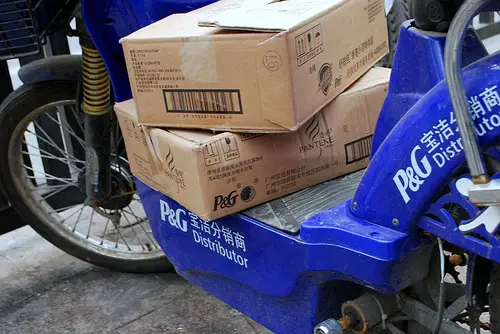A channel of distribution is one or more companies or individuals who participate in the flow of goods and services from the producer to the final user or consumer. Sometimes a company delivers directly to its customers.But often it uses other companies or individuals to distribute some or all o its products to the final consumer. These companies or individuals are called intermediaries. Examples of intermediaries are wholesalers, agents, transportation companies and warehouses.
But often it uses other companies or individuals to distribute some or all o its products to the final consumer. These companies or individuals are called intermediaries. Examples of intermediaries are wholesalers, agents, transportation companies and warehouses.
There are really two related channels involved. The transaction channel is concerned with the transfer of ownership. Its function is to negotiate, sell and contract.
The distribution channel is concerned with the transfer or delivery of the goods or services. The same intermediary may perform both functions, but not necessarily.
In this post, we are concerned with the distribution channel.
Although it can be argued that one firm’s physical supply is another firm’s physical distribution, frequently there are important differences, particularly as they relate to the bulk and physical condition of raw materials and finished goods. The logistics problem that occurs in moving and storing iron ore are quite different from those that occur in moving sheet steel.
These differences influence the design of a logistics system and are important in deciding the location of distriut8ion centres and factories. This text refers to both physical distribution and physical supply as physical distribution, but the differences for any particular company should be remembered.
Physical distribution is very important in our lives. Usually, manufacturers, customers, and potential customers are widely dispersed geographically if manufacturers serve only their local market; they restrict their potential for growth and profit. By extending its market, a firm can gain economies of scale in manufacturing, reduce the cost o purchase by volume discounts, and improve its profitability.
However, to extend markets requires a well-run distribution system. Manufacturing adds form value to a product by taking the raw materials and creating something more useful. Bread is made from grain and is far more useful to humans than the grain itself. Distribution channel adds place value and time value by placing goods in markets where they are available to the consumer at the time the consumer wants them.







